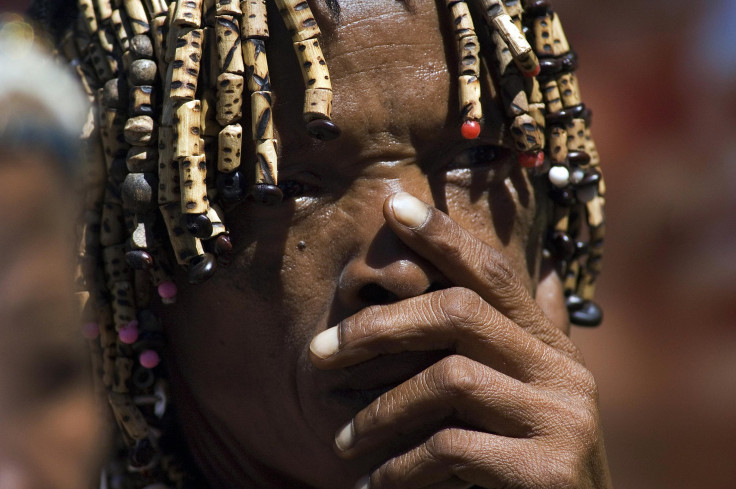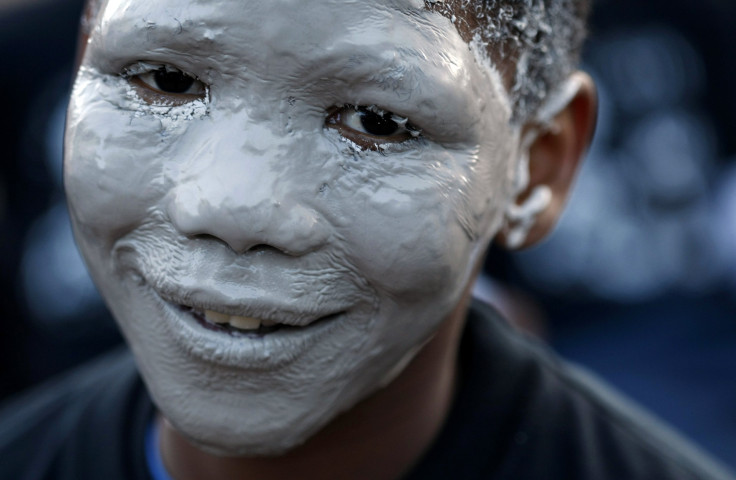South Africa's Khoisan Demand Constitutional Recognition As First Indigenous People

South Africa’s Khoisan community demanded Thursday that the government amend the constitution to recognize them as the country’s first indigenous people. Leaders from the community, which comprises pastoral Khoikhoi and hunter-gatherer San or Bushmen, told the African National Congress, the ruling party, that their people felt marginalized from employment, education and housing in the country, oftentimes because they are seen as “not black enough.”
“The Khoisan were the first inhabitants of South Africa, but we have not seen the recognition of the rights of our people, although they are guaranteed in the constitution,” said National Khoi-San Council member John Van Rooyen on Thursday, according to the African News Agency. “There is some level of discrimination, especially when applying for employment in government, where one is told they are not black enough to qualify for an affirmative action post.”
The National Khoi-San Council and representatives from other ethnic groups across South Africa met with ANC leaders in Johannesburg to discuss a number of issues affecting their communities, including access to education, housing and economic opportunities. Instances of violence have also affected the communities.
ANC Secretary-General Gwede Mantashe said the government must build an inclusive nation.
"We want to have an integrated nation, that's what we are working for. ... That's why the debate about the first, the second and the third, that is an academic debate,” Mantashe said Thursday, according to South Africa’s News24. "We need to build a nation and everybody must be included in that nation."

Roughly 22,000 years ago, the Khoisan may have been the largest tribe of humans on the planet, anthropologists say. Today, some 100,000 Khoisan remain, NPR reported.
Members of the Khoisan have long demanded their legal rights as the indigenous people of South Africa. They have argued their community has been ignored by land restitution policies, which tend to center on redressing the more recent injustices of South Africa’s racial apartheid. The Khoisan have also rejected being described as “colored,” a common term in the country that refers to mixed-race people, according to the Guardian.
While the South African government has created some inclusive policies, the National Khoi-San Council said implementation remains an issue. "The preamble of the Constitution needs to say the Khoi people are the first people of South Africa," van Rooyen said, according to News 24.
© Copyright IBTimes 2024. All rights reserved.





















